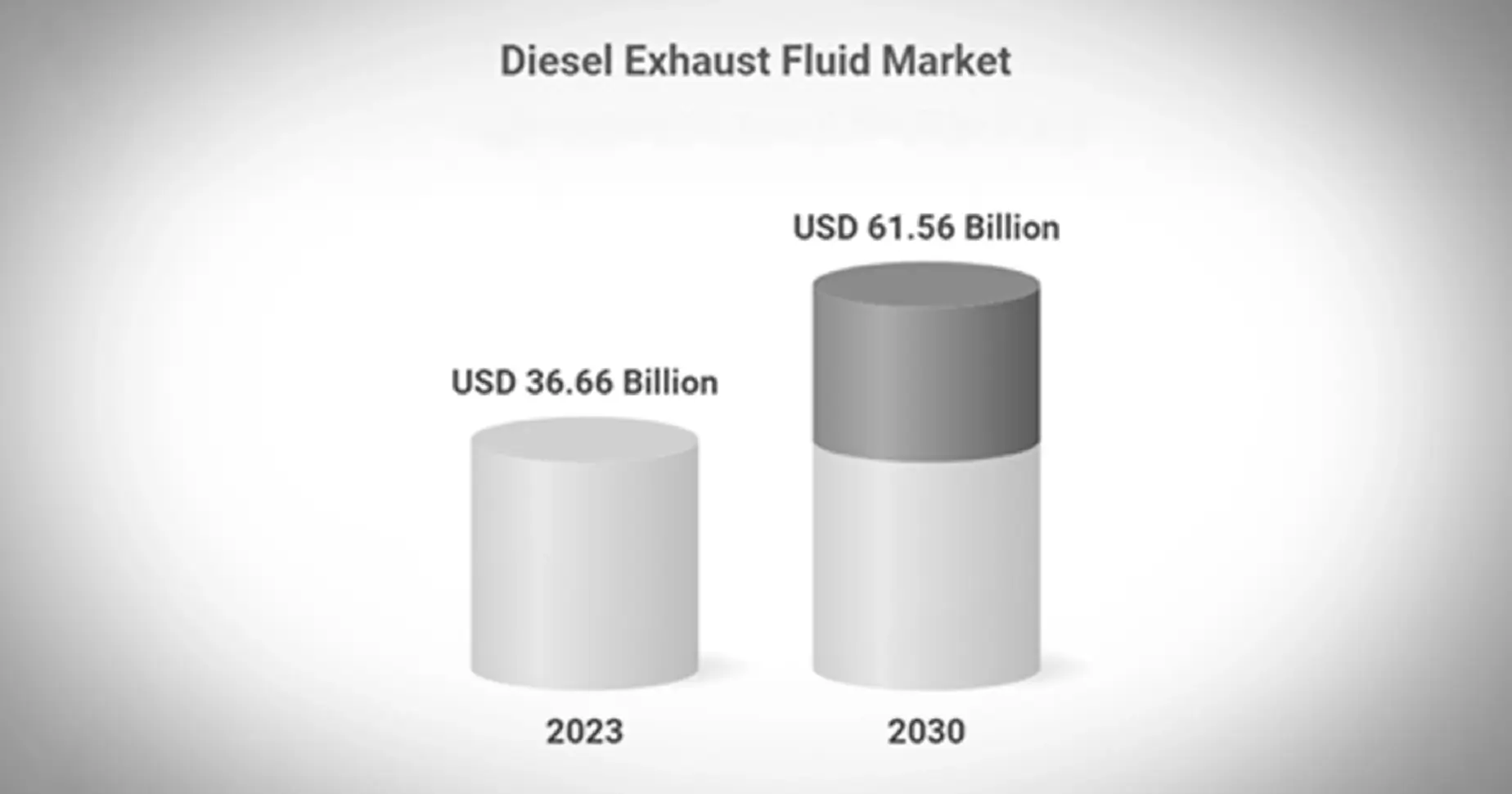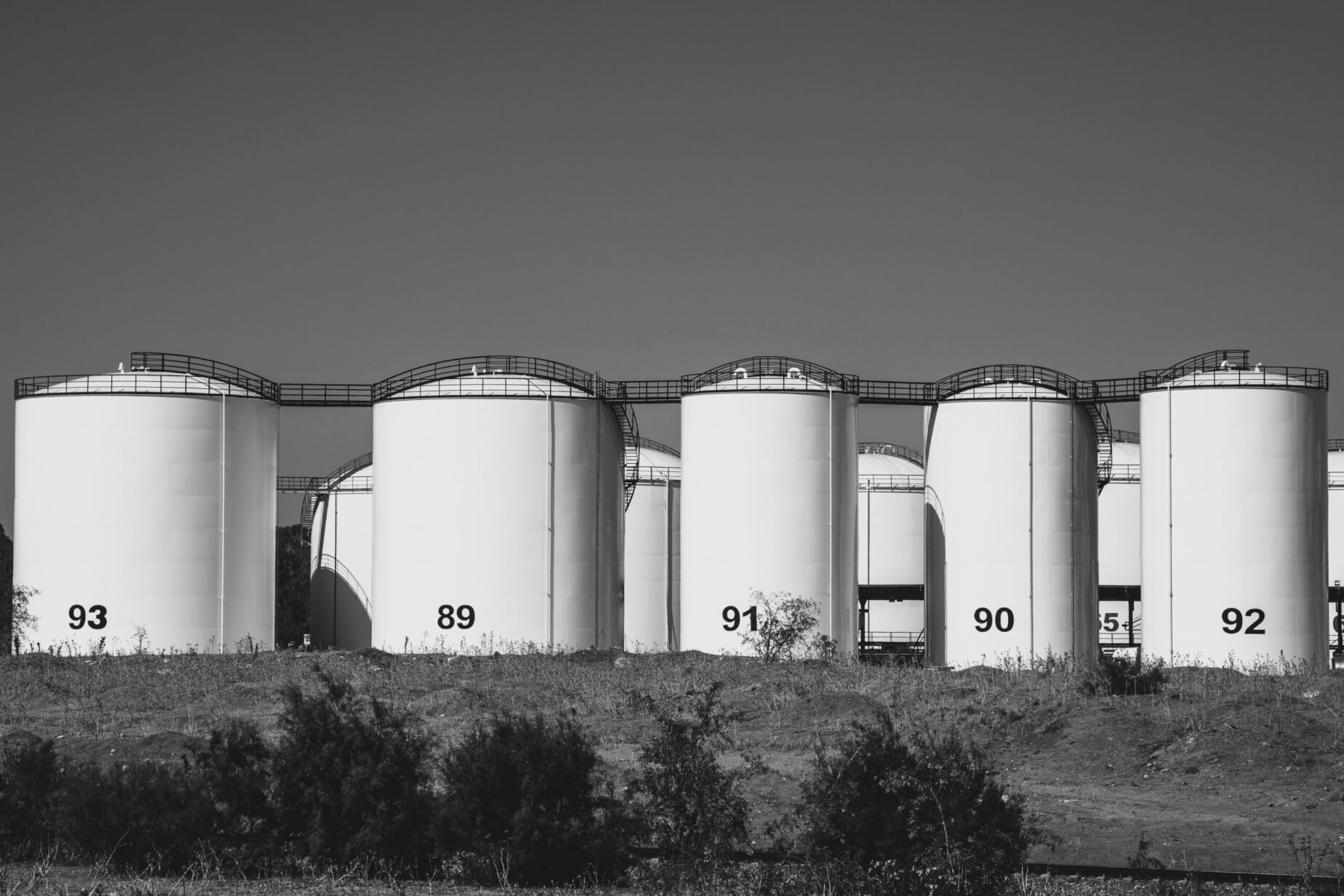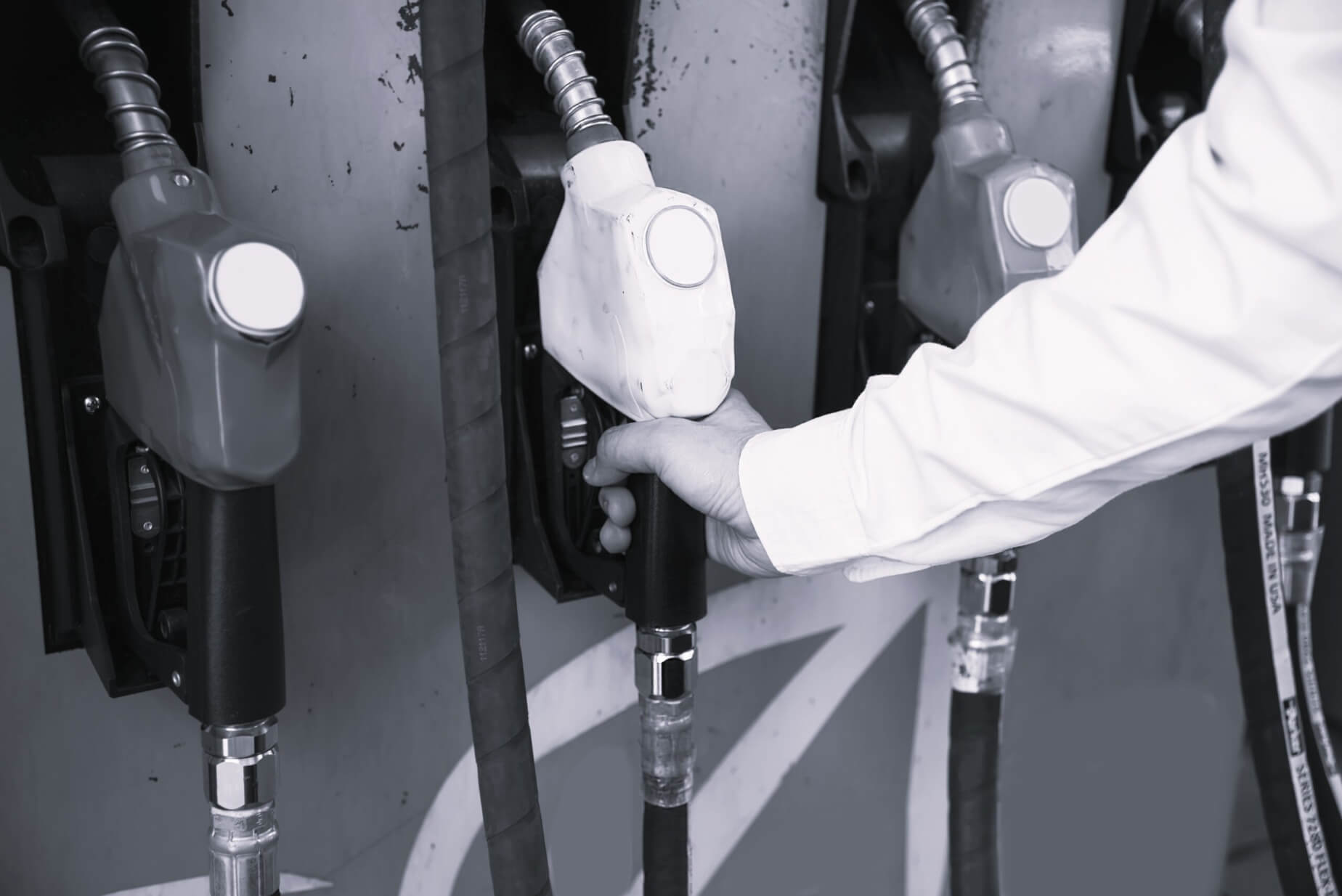Every drop of fuel wasted is money burned. Fuel makes up approximately 60% of fleet operating expenses, and this is due to poor fleet fuel management. If you are serious about cutting unnecessary fuel costs, there should be no room for inefficiency. You must ensure proper fleet management to eliminate wasted resources and lost profits.
Fleet management means managing and optimizing the vehicles used in business operations. Fleet management duties include ensuring compliance with safety regulations and implementing cost-effective maintenance programs to maintain operational efficiency and safety within a company’s fleet activities. The benefits of proper fleet management include better fuel efficiency, timely deliveries, and lower maintenance expenses.

In this regard, a fleet manager can play a key role in tackling modern transportation, logistics, and fuel challenges. Technology has transformed fleet management with GPS tracking, telematics, and fuel monitoring systems. So, a fleet manager must adopt the latest technology to improve routes, cut fuel waste, and increase efficiency.
In this article, we will cover key areas of fleet management for optimal performance, the impact of technology on fuel management, and strategies to improve efficiency. Let’s dig into it.
What Is Fleet Management and Why Is It Important?
Fleet management includes supervising and coordinating the vehicles and related assets of a fleet business. It covers a range of responsibilities, including vehicle acquisition, routine upkeep, driver training, and compliance with government regulations. In industries like construction, fleet management also involves tracking and managing assets such as heavy machinery and specialized equipment.
The primary focus of fleet management is to improve operational efficiency, reduce costs, and ensure safety.
Fleet Management Responsibilities for Optimal Performance
The following are important fleet management responsibilities that can help elevate fleet performance:
1. Vehicle Maintenance and Repairs
Fleet businesses should follow a preventive maintenance schedule to reduce unexpected breakdowns. Utilize tools and software to manage maintenance logs and automate repair schedules. Efficient fleet maintenance management software include Fleetio, FleetSoft, and Simply Fleet.
2. Fuel Management and Cost Control
Fuel is one of the largest expenses in fleet operations, which is why optimizing fuel usage is critical for cost control. Implement effective fleet fuel management solutions, such as fuel monitoring systems and fuel cards, to track consumption and prevent misuse. Moreover, telematics software can identify fuel-wasting behaviors like idling or aggressive driving, helping you take proactive measures.
3. Driver Safety and Compliance
As a fleet owner or manager, it’s your responsibility to ensure drivers comply with Hours of Service (HOS) rules—federal regulations that limit driving hours to prevent fatigue and improve safety. Invest in driver training programs to promote safe habits and reduce accidents. Use telematics and dashcams to monitor behavior, spot risks like speeding, and excessive idling.
4. Route Optimization and Scheduling
Use real-time GPS tracking and route optimization software to identify the most fuel-efficient routes and save time and resources. These tools also help adapt to changing conditions like traffic congestion, bad weather, road closures, or last-minute order changes, so you don’t get late in delivering the goods.
5. Fleet Tracking and Telematics
The growing importance of GPS tracking and telematics in fleet operations cannot be overstated. These technologies provide complete visibility into your fleet’s performance by offering insights into vehicle location, speed, fuel efficiency, and driver behavior. Tools like Geotab or Samsara help monitor routes, reduce fuel waste, and address issues like speeding or idling. Real-time data enables better decision-making for improved fleet optimization.
6. Fleet Acquisition and Lifecycle Management
Managing vehicle lifecycles involves everything from acquisition and financing to resale or disposal. You must consider your business needs, such as cargo capacity, fuel efficiency, and operational requirements, to ensure proper fleet management and performance. Regularly assess aging vehicles and replace them at the right time, when they are no longer cost-effective, to avoid high repair costs and maintain efficiency.
7. Cost Analysis and Budgeting
Fleet managers track all expenses including fuel, maintenance, insurance, and vehicle depreciation to understand where money is going. They use data for cost analysis, such as rising fuel costs or frequent repairs, and find ways to save. For example, switching to fuel-efficient vehicles or scheduling preventive maintenance can cut costs. With fleet management software, they can predict future expenses and plan budgets accordingly.
8. Driver Recruitment and Retention
Hiring qualified drivers starts with clear job descriptions and competitive pay. You can offer incentives like bonuses, recognition programs, and career growth opportunities to keep drivers satisfied with their jobs. Fleet managers must listen to driver concerns, ensure fair schedules, and provide proper training to create a positive work environment.
9. Sustainability and Green Fleet Initiatives
Sustainability is becoming a top priority in fleet management. Fleet managers can adopt electric vehicles, optimize routes, and promote fuel-efficient driving habits to reduce their carbon footprint. Transitioning to alternative fuels like biodiesel or hydrogen and using environment-friendly vehicles can also help reduce emissions. Going green is a win for both the planet and your business.
How Technology Is Revolutionizing Fleet Management
Technology is revolutionizing fleet management, making operations smarter, faster, and more efficient. From real-time tracking to automated maintenance alerts, fleets are now more advanced than ever. Let’s discuss the key technological innovations driving this change.
Fleet Management Software
Fleet management software plays a crucial role in modern fleet operations. It helps track, analyze, and optimize every aspect of your fleet, from vehicle locations to driver performance. Key features include fuel management to control one of your largest expenses, maintenance schedules to keep vehicles in top shape, GPS tracking for immediate location updates, and detailed reporting for better decision-making.
Telematics and Data Analytics
Telematics and data analytics are transforming fleet optimization. They track vehicle locations, driver performance, and fuel usage, making it easier to spot issues like wasted fuel or unsafe driving habits. They also optimize routes to reduce travel time and fuel consumption. By using these tools and analyzing data patterns, you can easily predict maintenance needs, such as oil changes or tire rotations. This way, you can resolve issues early and keep fleet vehicles in excellent condition.
Best Practices for Optimizing Fleet Performance
Let’s discuss the fleet management best practices required to optimize the performance of your fleet vehicles.
● Implementing Preventive Maintenance Programs
Preventive maintenance is your fleet’s best defense against costly repairs and downtime. Schedule regular inspections for oil changes, filter replacements, tire pressure checks, and brake servicing to catch small issues before they escalate. Use reliable maintenance tracking tools to get alerts for upcoming services and keep detailed records of past repairs.
● Optimizing Fuel Efficiency
Fuel costs can make or break your fleet’s budget, so you must keep them in check. Train your drivers to adopt the best fuel management practices like smooth acceleration, reduced idling, and maintaining steady speeds. Above all, ensure they use fuel cards to pay for fuel because these cards provide detailed tracking of every purchase, helping you monitor usage, prevent fraud, and identify inefficiencies. These strategies to optimize fleet fuel efficiency can help you save big over time.
● Reducing Idle Time and Unnecessary Mileage
Idle time and unnecessary mileage are silent budget killers for fleets. According to estimates from Argonne National Laboratory, over 6 billion gallons of gasoline and diesel combined are wasted each year due to idling. So you must take appropriate measures to reduce idle time. Set up clear policies to limit idling and educate drivers on turning off engines during stops. Use telematics to monitor idle times and address excessive idling quickly. Similarly, you can implement route optimization strategies to prevent unnecessary mileage. Use GPS tracking and route optimization software to find the most efficient paths and save fuel and time without compromising service.
Key Metrics to Track Fleet Management Performance
To keep your fleet running at its best, you need to measure what matters. Tracking the right metrics helps you pinpoint problems, improve performance, and drive better results. Here are the key metrics that can make a real difference:
1. Fleet Utilization Rates
Fleet utilization rates show how effectively your vehicles are being used. To measure this, track metrics like hours in operation, miles driven, and idle time. Low utilization rates often point to underused or underperforming assets. You can improve fleet utilization by optimizing schedules to reduce downtime and consolidating trips to avoid empty runs and maximize each vehicle’s productivity.
2. Fuel Efficiency Metrics
Use telematics and fuel management systems to monitor miles per gallon (MPG), idle time, and fuel consumption per vehicle. These tools provide detailed data to identify inefficiencies.
According to the U.S. Department of Energy, the average fuel economy for medium and heavy trucks is usually less than 10 MPG. By setting benchmarks based on these averages and continuously monitoring performance, you can implement strategies to improve fuel efficiency
3. Maintenance Costs and Vehicle Downtime
Track expenses like repair costs, parts replacements, and labor hours to evaluate the efficiency of your maintenance programs. High costs may mean you need better preventive measures. Reduce vehicle downtime to keep your fleet productive and use preventive maintenance to fix issues before they cause breakdowns.
4. Driver Performance Metrics
Driver scorecards and telematics track behaviors like speeding, harsh braking, and idle time. Telematics systems flag sudden stops or excessive idling, while scorecards rank drivers based on safety and efficiency. You can also start incentive programs to reward drivers who follow safe and fuel-efficient practices. Rewarding good behavior boosts morale, reduces accidents, and cuts fuel costs.
Common Fleet Management Challenges
Running a fleet comes with its fair share of challenges. From rising fuel costs to driver safety concerns, these obstacles can impact efficiency and profitability. Let’s explore the most common hurdles fleet managers face and how to overcome them.
● Rising Fuel Costs
Rising fuel cost is one of the major challenges for fleet companies. You can tackle this challenge by implementing strategies like route optimization, driver training for fuel-efficient habits, and fuel cards to track and control spending. For long-term solutions, consider transitioning to fuel-efficient vehicles or alternative fuels like electric or hybrid models.
● Vehicle Maintenance and Aging Fleets
Managing aging fleets requires a balance between maintenance and investment. Regularly servicing older vehicles can extend their life, but frequent repairs can become costly. To maintain efficiency, prioritize preventive maintenance and use tracking tools to stay ahead of issues. At the same time, consider investing in newer, more efficient vehicles. Modern fleets often come with better fuel economy, advanced safety features, and lower maintenance needs.
● Driver Shortage and High Turnover
The nationwide shortage of qualified drivers makes hiring and retaining talent a major challenge. High employee turnover disrupts operations and increases training costs. To overcome this, focus on retention strategies like competitive pay, performance bonuses, and career growth opportunities. You must also recognize the achievements of experienced drivers and show appreciation to keep them loyal to your fleet.
Optimizing Fleet Management for Future Success
Fleet management is a complex but rewarding responsibility. Being a fleet manager, you must focus on driver safety, fuel efficiency, maintenance, and cost control. Leverage technology like telematics, route optimization, and data analytics to overcome challenges and drive success. Remember, a well-managed fleet isn’t just about vehicles—it’s about people, processes, and smart decisions. Start implementing these strategies today to see a real difference in your operations.
FAQs
What are the primary responsibilities of a fleet manager?
A fleet manager ensures vehicle safety, optimizes fuel efficiency, schedules maintenance, tracks costs, and manages driver performance. They use technology and data to improve fleet operations and reduce expenses.
What is telematics, and why is it important for fleet management?
Telematics uses GPS technology and on-board diagnostics (OBD) to monitor vehicles and assets, tracking their location, speed, and performance on a digital map. It’s important for fleet management as it improves safety, reduces fuel costs, and helps optimize routes and maintenance schedules.
What is the role of fleet maintenance?
Fleet maintenance keeps all vehicles in good working order, making sure they are safe, reliable, and effective for daily operations. It includes regular inspections, repairs, and preventive care to reduce breakdowns, extend vehicle life, and cut unnecessary costs.
Optimize Your Fleet Operations with Fuel Logic!
Want a solution for hassle-free fuel delivery?
Contact Fuel Logic! Say goodbye to fuel management headaches and hello to efficiency. At Fuel Logic, we provide reliable fuel delivery services at your business location in the USA.
Focus on growing your business while we handle the fuel. We offer high-quality diesel, gasoline, and DEF on demand. You can schedule fuel deliveries for added convenience and also check our FAQ page for queries.
So, what’s stopping you?
Order now and partner with the most reliable fuel delivery service.






